 Bonsai Tree Care for Beginners - FTD.com
Bonsai Tree Care for Beginners - FTD.comBonsai Tree Care for Beginners What is a Bonsai tree? What is a Bonsai tree? A is a miniature tree that is planted inside a container. In fact, the term "bonsai" literally means "planted in a container" in Japanese. Bonsai refers to the art of cultivating these small trees and is an integral part of Japanese culture dating from the early 14th century. Once enjoyed by the richest aristocrats and high-ranking members of Japanese society, bonsai is now a form of art enjoyed by people around the world. Bonsai Tree CareBonsai Tree CareCaring for a bonsai tree may seem intimidating at first. Here are some tips to show you how to take care of a bonsai tree easily. We have also created a quick presentation of tips for easy reference. How to Position Your Bonsai TreeHow to Position Your Bonsai Tree To determine the best location to show your bonsai, you will need to know what type of tree it is and whether it is an indoor or outdoor plant. The most common types of bonsai, such as juniper trees, pines and fir trees, are outdoor plants and should be exposed to the seasons as their larger counterparts. The external bonsai also includes deciduos trees, which means that its leaves change with the seasons. These include maple, elms and gingko. The inner bonsai trees are typically subtropical species that thrive from stable temperatures throughout the year. These include jade plants, Hawaiian umbrellas and ficus trees. Once you have discovered what kind of bonsai tree you have, the rest is quite simple. Here are some general tips about positioning bonsai trees that normally apply to all types of bonsai trees. Position: Illumination: Humidity: Watering Your Tree of Bonsai Watering Your Bonsai Tree The cause number one of most of the deaths of bonsai trees is underwater. Because the soil layer is so shallow, it is prone to dry very quickly. Bonsai trees should be watered just when the top layer of the soil appears dry. Depending on the type and size of your tree, as well as the type of soil you use, the irrigation frequency can differ and can even be once a day. Therefore, it is better to water each of its bonsai plants individually, instead of clinging to a routine. By watering your bonsai tree, the main objective is to completely saturate the root system with water. To ensure the proper saturation, keep the water irrigation until the water leaks through the drainage holes. To allow proper drainage, many bonsai trees come with a tray to collect excess water. Overwater can also be harmful to your bonsai tree. The symptoms of a overwater bonsai include: yellowing of the leaves and sledding of smaller branches. If a bonsai is overwater, its roots are drowned in the water and are deprived of oxygen that prevents additional growth to support the tree. Overwater can also result from dehydrated soils. To make sure you are watering your bonsai correctly, you will need to evaluate your bonsai tree daily. The thumb rule is to the water as soon as the soil appears dry. Try and model your BonsaiPruning and Shaping tree Your BonsaiPruning tree is essential to keep the trees small bonsai and to maintain their compact shape. There are two main types of pruning: maintenance pruning and structural pruning. The maintenance pod strengthens the tree by fostering new growth. By cutting young shoots and letting it expose the leaves below the air and sunlight that further reinforces the tree and benefits its overall health. Maintenance CorrectionThe areas that require maintenance poda include branches, shoots and leaves. Testing branches fosters the growth of smaller branches and allows you to control the shape of your tree. The torn buds of the branches produce a more compact leaf growth that promotes the growth of smaller leaves. Typically, you should rot your bonsai tree when you see a new growth that is beginning to bite the shape of your tree in an undesirable way. To blossom bonsais, the pruning should take place during the spring to encourage more flowers to grow the following year. Structural pruning is a more advanced technique that should only be done when the tree is numb. It implies the elimination of the primary structural branches of the tree and requires the skills of a professional to ensure that the tree can recover. Structural Correction Another way to give proper shape to your bonsai tree is wire your branches. You can control the shape and pattern of growth of certain branches wrapping a thin wire around them. The wiring becomes better during the winter when the leaves of the bonsai tree have fallen. Be sure to keep an eye on branch growth and remove the wire when necessary. If the branch grows too fast, it can grow in the wire and cause healing. wire your branches Choose the right floor for your bonsaiChoose the right floor for your bonsai The key to choosing the right floor for your bonsai is to choose one that offers the right drainage. Add large particles to your soil mixture, such as volcanic rock or stones, to improve drainage and enter air into the soil. The ideal mix of the soil should also be able to maintain the water that can be improved by adding clay. Fertilizing your bonsai ensures that you receive the right amount of nutrients you need to stay healthy. A balanced bonsai fertilizer contains equal amounts of nitrogen, phosphorus and potassium. Before fertilizing, make sure you have watered your tree thoroughly as it is harmful to fertilize the plant while the soil is dry. Be sure to read the instructions on fertilizer to avoid overfertilization. Repotting Your BonsaiRepotting Your BonsaiRepotting is a key factor in maintaining the health of your bonsai tree. The purpose of repotting is to remove excess roots that can cause the tree to starve, or not to receive enough nutrients for its mass. Repotting also ensures that your tree can continue thriving within a small pot. Bonsai trees must be repotted once every two to five years, depending on how fast your bonsai tree grows. Here are the basic steps to repotting your bonsai tree: Bonsai Tree Care: A Quick GuideBonsai Tree care: a quick guide They say that bonsai is not just a plant, it is a way of life. Bonsai trees require regular care and maintenance. Just follow our advice on how to take care of a bonsai tree and you will soon be on your way to become a real bonsai pro! For beginners, they are the easiest to care for what are perfect for beginner bonsai enthusiasts. Floration bonsai as the are great to add variety (and fragrance) to your . To help you remember the essential elements of bonsai care, we create a practical reference guide below with quick tips for each stage. Sources:Sources: Silence bonsaiempire.com , , , , , Silence bonsaitreegardener.net , , , , , Silence , Silence , Silence Post navigationFOLLOW FTDArchives
Log inBonsai Forum TOPIC: over water 8 years ago 1 month Please or to join the conversation. over water 8 years ago 1 month Please or to join the conversation. over water 8 years ago 1 month This message has images of attachments. Please log in or sign up to see it. Please or to join the conversation. over water 8 years ago 1 month Please or to join the conversation. over water 8 years ago 1 month Please or to join the conversation. over water 8 years ago 1 month Please or to join the conversation. over water 8 years ago 1 month Please or to join the conversation. over water 8 years ago 1 month Please or to join the conversation. over water 8 years ago 1 month Please or to join the conversation. over water 8 years ago 1 month Please or to join the conversation. Log in

How To Rescue A Dying Bonsai Tree | Bonsai Tree Gardener
How To Water Bonsai Trees | Bonsai Tree Gardener
How to save overwatered, deleaved bonsai? - Gardening & Landscaping Stack Exchange
Bonsai Tree Care for Beginners - FTD.com
Guide to Revive a Bonsai Tree – BigBoyPlants
How To Revive A Bonsai Tree With Brown Leaves | Bonsai Tree Gardener
What's wrong with my sezchuan pepper tree? Am I overwatering it? : Bonsai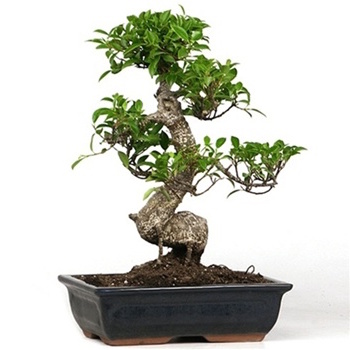
Help! My Bonsai is dying! - Bonsai Empire
Help! My Bonsai tree is dying! | You, Me and Bonsai
Bonsai Tree is Losing Leaves | Basic Bonsai Tree Care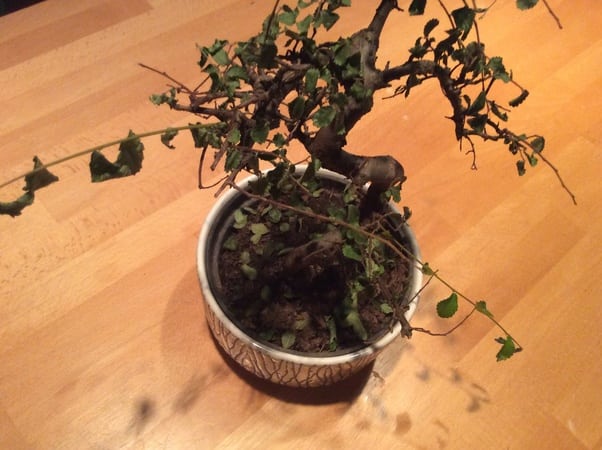
How To Rescue A Dying Bonsai Tree | Bonsai Tree Gardener
5 Bonsai Mistakes That Are Killing Your Tree - Basic Bonsai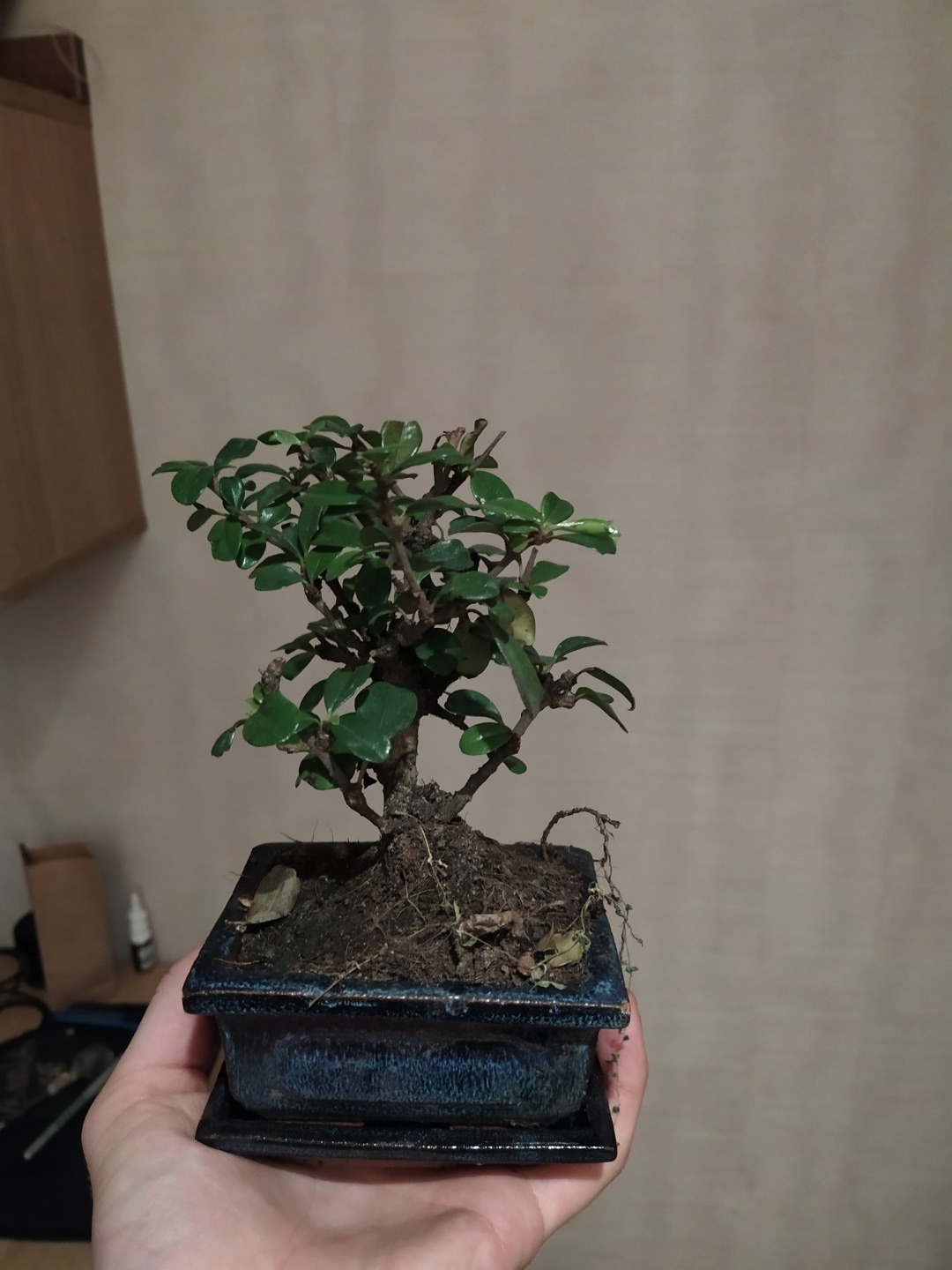
Leaves keep getting Brown and fell (Carmona, 5 years) - Bonsai forum - Bonsai Empire
How often should you water a bonsai tree? - Quora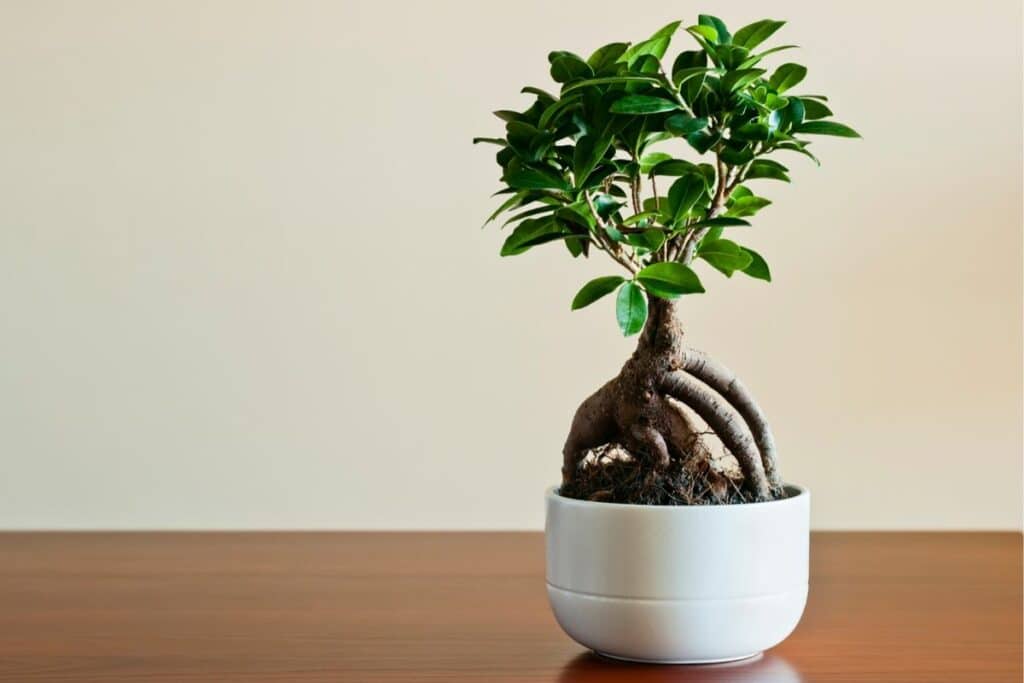
Ficus Bonsai: How To Grow and Care, Where to Buy | Florgeous
Caring For Your First Bonsai Plants
How to Take Care of Your Bonsai - Sherries Estates
Over-Watering Bonsai Symptoms
Is my juniper past all hope? It lives outside in morning sun, afternoon shade. I really do not believe I'm overwatering it, pretty much just letting the rain do its thing. There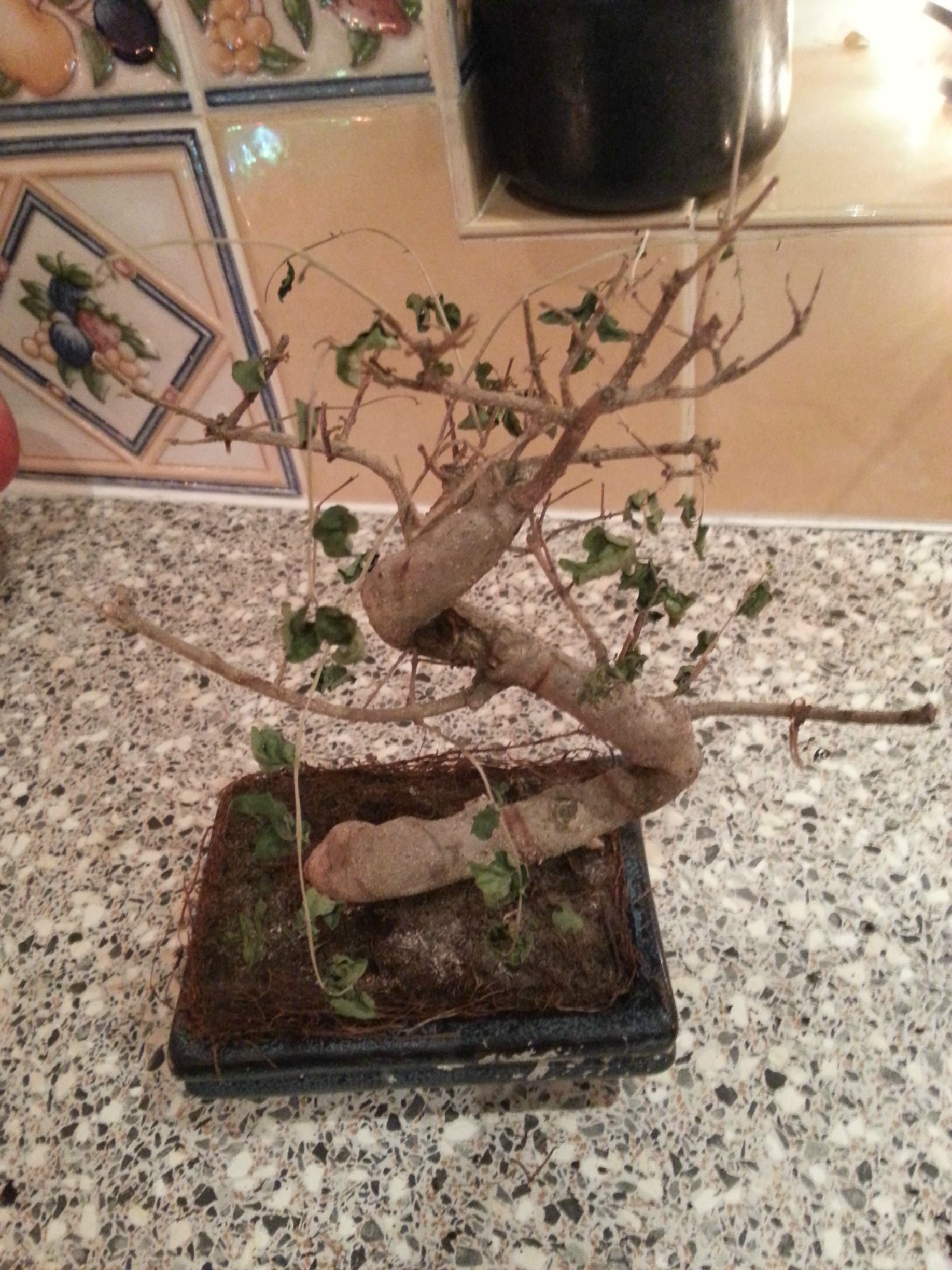
Problems With Your Bonsai? Top Seven Signs Of Trouble! - Bonsai Outlet
How can I restore foliage in a Chinese Elm bonsai? - Gardening & Landscaping Stack Exchange
Rescue overwatered ficus plants and bonsai with yellow leafs - YouTube
Help! My Bonsai tree is dying! | You, Me and Bonsai
Bonsai Tree Care for Beginners - FTD.com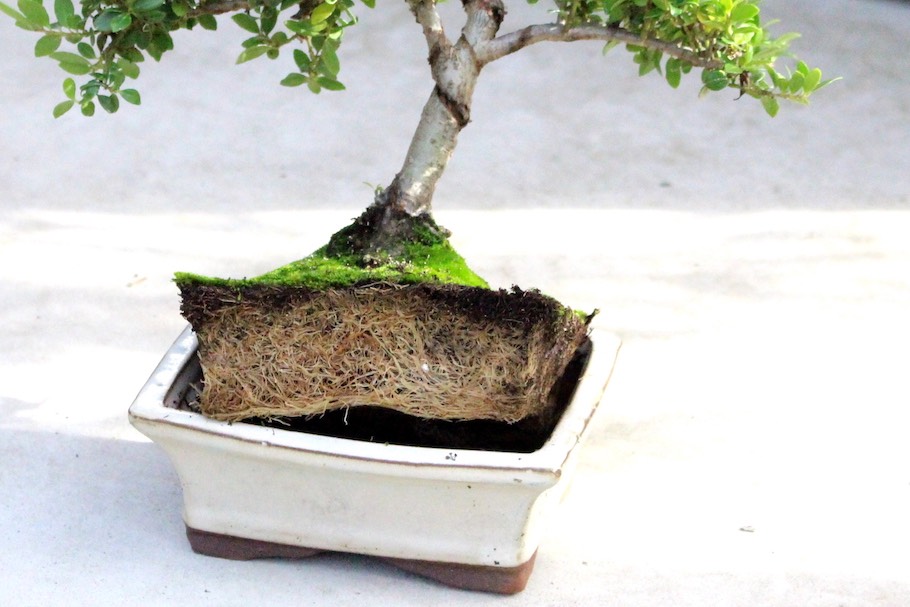
Watering Bonsai; how to water your trees - Bonsai Empire
Simple Ways to Revive a Bonsai Tree: 13 Steps (with Pictures)
Bonsai Tree Care for Beginners - FTD.com
Is My Bonsai Tree Dead? - Basic Bonsai
Carmona Bonsai Species Guides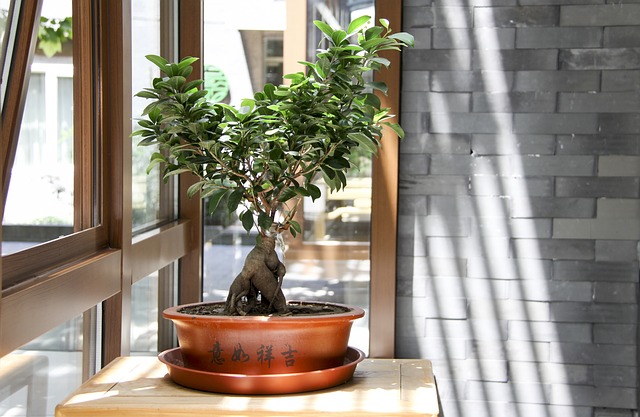
6 types of bonsai trees you can grow indoors | AZ Big Media
Water Jasmine (Wrightia religiosa) - Bonsai Empire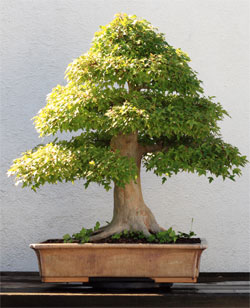
How To Water Your Bonsai Tree – Chinese Bonsai Garden
Fukien Tea Problems | Basic Bonsai Tree Care
Ficus Ginseng are a popular, easy-to-care-for Bonsai cultivated in China and Malaysia. While Ficus Ginseng are generally … | Ficus, Instagram photo, Photo and video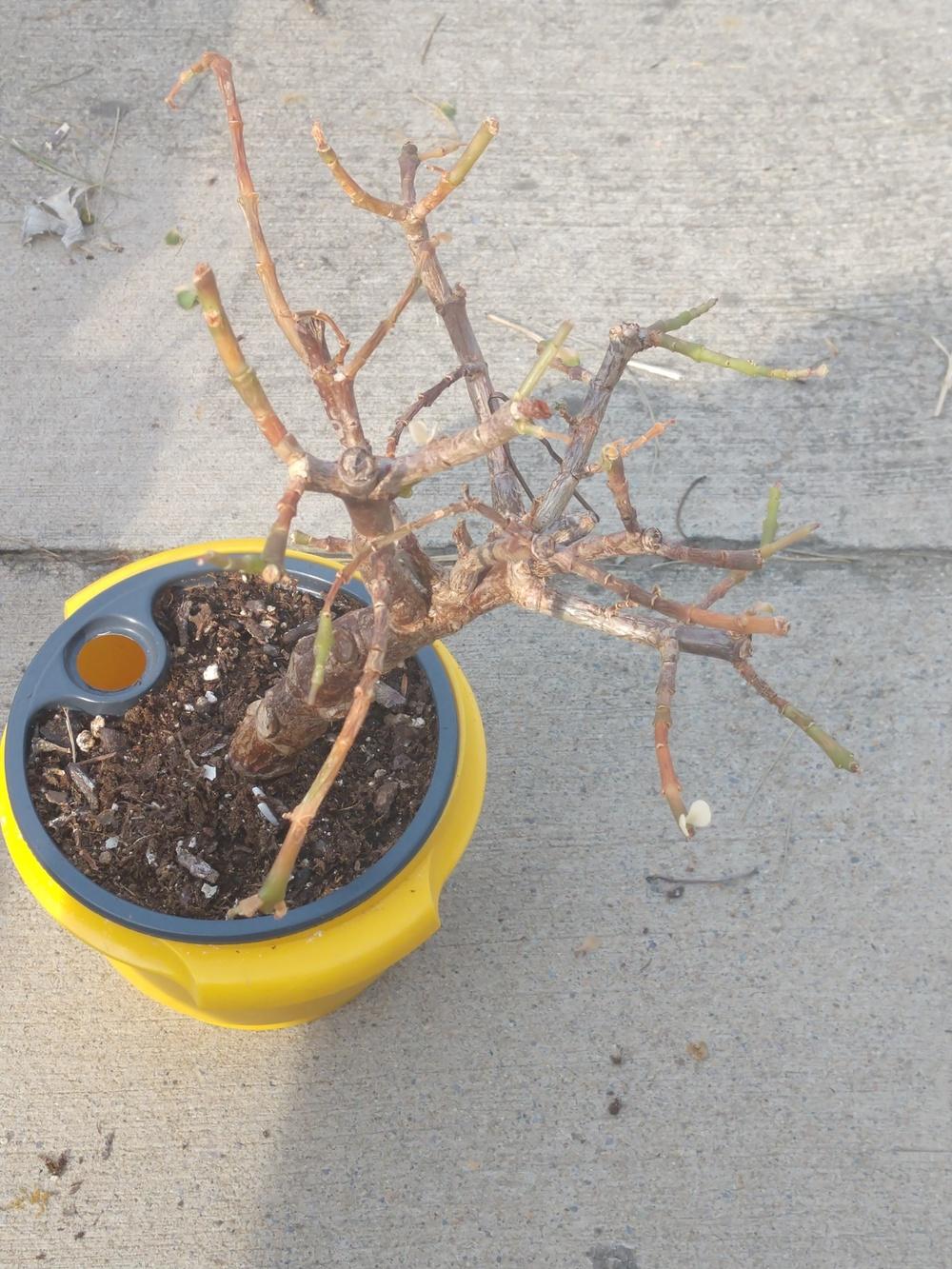
Ask a Question forum→Overwatered bonsai - Garden.org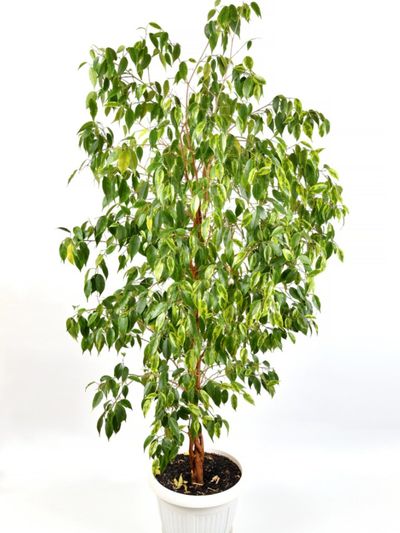
Ficus Tree Leaves Falling Off: Why Is My Ficus Losing Leaves?
10 Beginner-Friendly Bonsai Plants | My Garden Life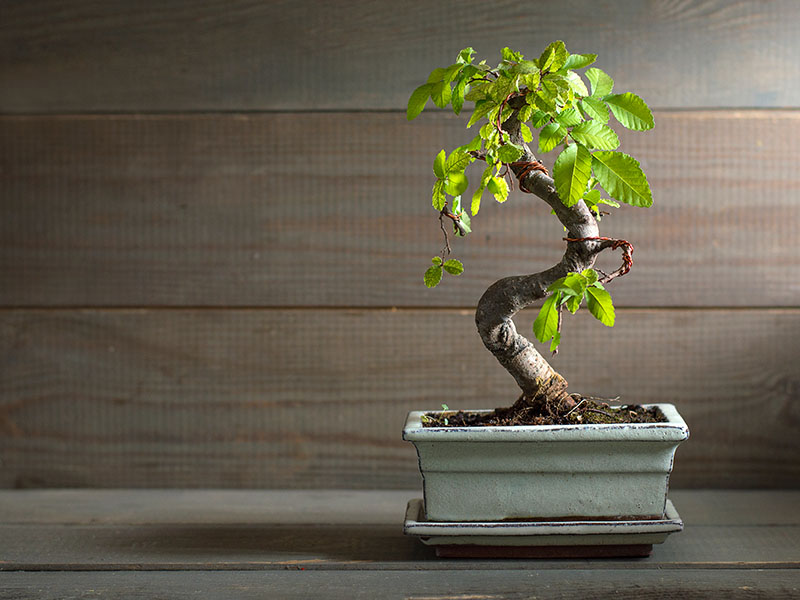
Bonsai Trees Buying & Growing Guide | Trees.com
Overwatered Bonsai Tree - bonsai tree
 Bonsai Tree Care for Beginners - FTD.com
Bonsai Tree Care for Beginners - FTD.com
































Posting Komentar untuk "overwatered bonsai"